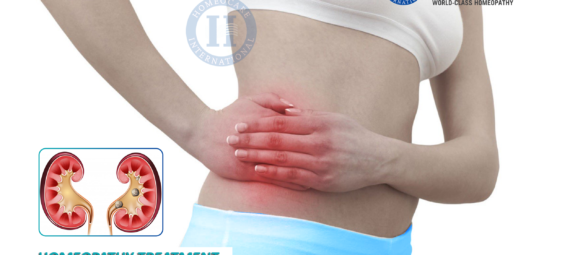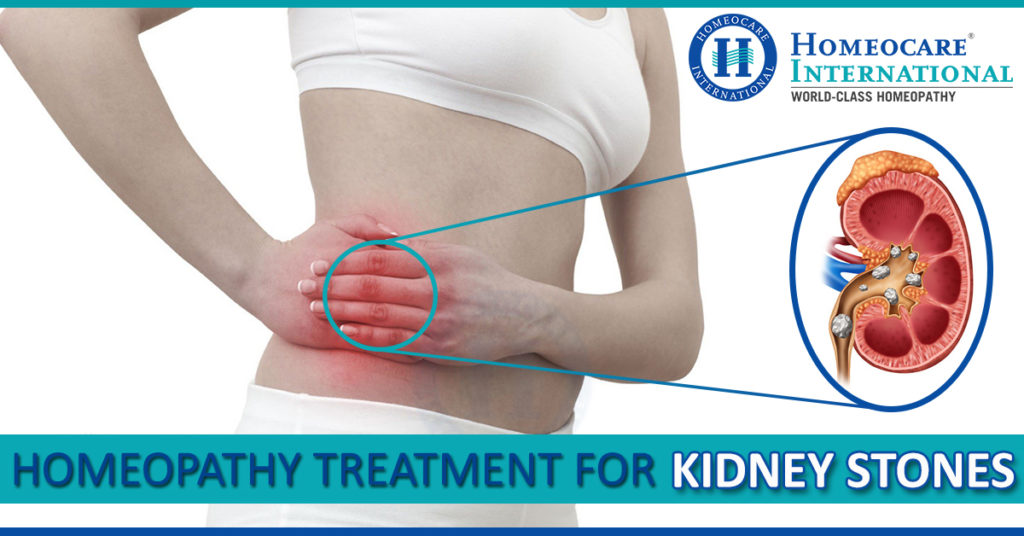What are Kidney Stones?
Human urine has a lot of minerals and salts dissolved. If the urine has excessive quantities of minerals and salts, it can build stones. A kidney stone is a hard mass that composes of crystals in the urine. Kidney stones are small during the initial stage but may grow bigger. It maintains the kidney’s internal hollow structures. Certain kidney stones in the kidney stick around and cause no problems. The ureter, a small tube between the kidney and the bladder, may descend formed kidney stones. They may pass out of the body in urine if the stone hits the bladder.
Kidney stones get stuck in the ureter, stop the urine from the kidney movement, and cause discomfort. We are locating them in the retroperitoneal space on the left and right. The kidneys are crucial organs that regulate the phases of fluid and chemistry in the body.
Types of Kidney Stones
Many kinds and colours of kidney stones can emerge. It may have calcium stones, stones of uric acid, stones of struvite or infection, and stones of cystine. Calcium oxalate and calcium phosphate are two kinds of calcium stones.
The most prevalent form of calcium stone is calcium oxalate. Some people have an excessive amount of calcium in their urine, which creates the risk of calcium stones. Even with plausible amounts of calcium in the urine, calcium stones may form. Calcium stones are the most mundane form of kidney stone in concrete studies. We find struvite stones in people with UTIs, whereas uric acid stones are common with high uric levels in the urine.
Symptoms of kidney stones
Prevalent symptoms of kidney stones are Sharp, cramping pain in the side and front, the sudden urge to urinate or urinary urgency, burning sensation during urination, Dark color of urine or red. Sometimes urine involves small amounts of red blood cells, nausea, and vomiting, and for men, pain at the tip of the penis.
What are the causes of kidney stones
Some identified causes of kidney stones are low urine volume, diet, bowel conditions, obesity, preventive conditions, medications, and family history. A significant risk element for kidney stones is a persistent low urine volume. Low urine volume may be because of dehydration (loss of body fluids) from vigorous exercise, working or living in a hot place, or not consuming sufficient fluids. Concentrated urine means that there is less fluid to keep salts dissolved.
To prevent kidney stones, one must consume at least four liters of water every day and pass urine on time.
Homeopathy Treatment for Kidney stones
Homoeopathy treatment helps to flush out or destroy the kidney stones without any need for surgery. Homeopathy Treatment for Kidney stones not helps to get rid of kidney stones but further eases the pain.
Constitutional Homeopathy Treatment for Kidney Stones
Expert Homeopaths at Homeocare International treat Kidney Stones using Constitutional Homeopathy Treatment which is safe, natural and side effects free and prescribed based on the symptoms and concept of individualisation.
Constitutional Homeopathy Treatment for Kidney stones helps to breaks down the large stones and removes them from your body using no invasive procedures. It also prevents reoccurrence.
Homeocare International has treated several people suffering from kidney stones and also reduced their reoccurrence successfully.
Please call our toll free number 1800-102-2202 or visit https://www.homeocare.in/homeopathy-kidneystones-treatment.html more information on constitutional homeopathy for Kidney stones at Homeocare International.
Author Bio:
Dr Ravi Kumar M, BHMS is a proficient homeopath with over 14 years of rich clinical experience and is offering services in Homeocare International Kukatpally branch, Hyderabad, Telangana.








